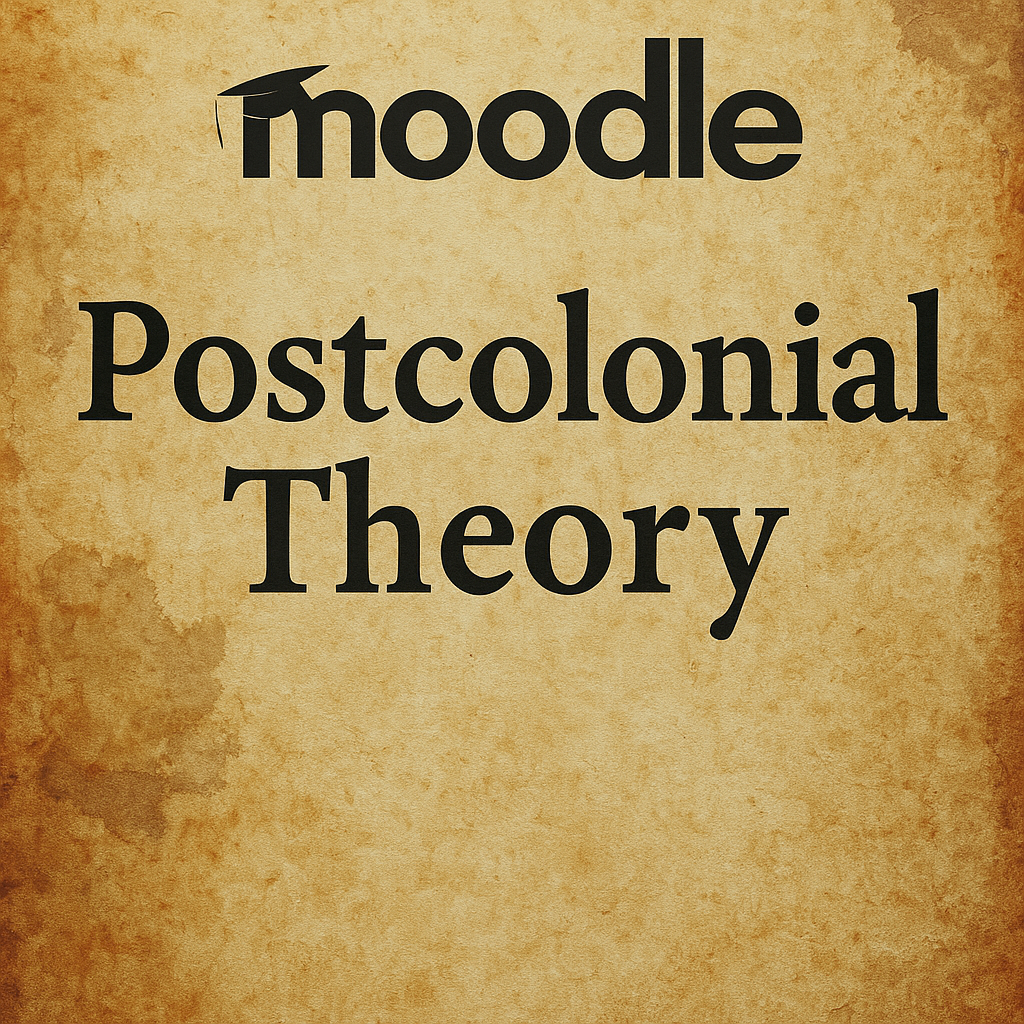
POSTCOLONIAL LITERATURE
Course Summary
This comprehensive course explores the rich landscape of postcolonial literature through an interdisciplinary lens, examining how colonial experiences have shaped literary expression across poetry, drama, and fiction. Students will engage with seminal texts that illuminate the complex relationships between colonizers and colonized peoples, analyzing the military, political, social, and cultural dimensions of these encounters.
What You'll Learn
Through this 15-week journey, you'll develop critical analytical skills by examining key postcolonial concepts including Orientalism, Othering, and Subaltern Theory. The course progresses from foundational theoretical frameworks to contemporary applications, enabling you to understand how literature serves as both a mirror and response to colonial power structures.
You'll analyze masterworks including Conrad's Heart of Darkness, Achebe's Things Fall Apart, Jean Rhys's Wide Sargasso Sea, and works by Derek Walcott, Wole Soyinka, and Ngugi wa Thiong'o. These texts provide diverse perspectives on themes such as identity formation, cultural resistance, language politics, and the ongoing legacy of colonialism.
Learning Approach
The course employs Bloom's taxonomy to scaffold your learning from basic comprehension to creative synthesis. You'll begin by mastering key terminology and historical contexts, then apply theoretical frameworks to analyze complex literary texts. Advanced weeks focus on evaluation and creation, culminating in original research presentations on contemporary postcolonial issues.
Assessment & Engagement
Your learning will be assessed through multiple components: a midterm examination (25 points) testing textual analysis and theoretical application, active class participation (10 points) with attendance bonuses, and an original research assignment with presentation (15 points). This structure encourages both individual scholarship and collaborative learning.
Course Relevance
This course is essential for understanding how literature functions as a site of cultural negotiation and resistance. You'll gain valuable skills in critical analysis, cross-cultural understanding, and academic research that are applicable across humanities disciplines and contemporary global contexts.
Instructor: Mohamed Essaid Oumalal
Department: English, FLASH Ait Melloul, Agadir
Office Hours: Tuesday & Wednesday, 1:00-2:00 PM
- Teacher: Admin User